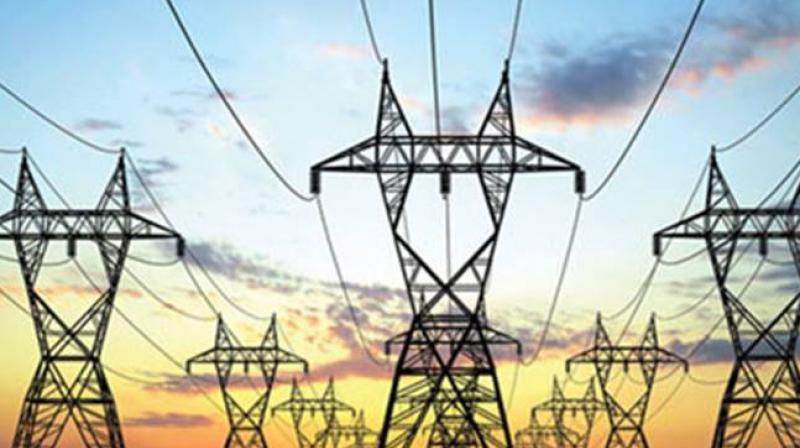Telangana discoms turn more dependent on sops
The increase in the subsidy requirement is due to concessional tariff and subsidised power tariff in many states.;

Hyderabad: The dependence of the mostly state owned electricity distributing companies (discoms) on subsidies has increased by seven to eight per cent in the current financial year over the previous year. According to the Union power ministry, the overall subsidy dependence of discoms for the current financial year is estimated at Rs 81,000 crore.
The increase in the subsidy requirement is due to concessional tariff and subsidised power tariff in many states.
According to the Investment Information and Credit Rating Agency (ICRA) report, the dependence on subsidies by discoms in Telangana state, AP, Tamil Nadu, Karnataka, Gujarat, Bihar and Haryana, continues to be significant, ranging between 11 and 29 per cent of the overall revenue requirement.
TS Transco depends on the government's subsidy for supplying power for agriculture and the domestic sector. Transco has estimated that the revenue gap will be about Rs 8,000 crore in the current financial year. The state government has allocated Rs 3,500 crore in the budget towards subsidy to Transco.
Transco wanted to get additional revenue by increasing the tariff for various sectors, but the state government would not agree to a hike and so Transco has to depend on the subsidy to fill the revenue gap. The Transco had drawn up its estimates before the state government decided to give 24x7 power supply to the agriculture sector.
Transco supplies 24x7 power to the agriculture sector in three districts. According to its officials, the additional burden will be about Rs 200 crore per month for these three districts.
The state government wants to extend the 24x7 power supply for the agriculture sector to all districts from next year. This will increase the financial burden on Transco. Transco is collecting additional surcharge from open access power consumers.
Discoms burden open access power
State governments are watering down a crucial power sector reform initiated by the Centre which works to the benefit of consumers.
States are trying to discourage consumers from opting for the open access — where they can opt for their choice of supplier — by imposing cross subsidies and surcharges in addition to wheeling charges.
The open access system is costing distribution companies (discoms) in terms of power sales and revenue. Most discoms are in a weak financial condition and are unable to supply the domestic sector even with subsidy provided by the states.
Discoms collect cross subsidy from high tension power users to supply cheap power to the domestic sector. Without compensating the discoms, the Centre introduced the open access system.
According to the India Credit Rating Agency (ICRA), the overall open access charges are high in the range of Rs 2.5 to Rs 5 per unit across most key industrial states.
ICRA said the levy of cross subsidy had witnessed an upward trend over the last two years in Gujarat, Karnataka, Mahara-shtra, MP, UP and Haryana. It said cross subsidy continued to remain high in AP, TS and Tamil Nadu.
Gujarat, MP, Maha-rashtra and Haryana have imposed additional surcharge to open access consumers. Recently TS also imposed additional surcharge on open access consumers at the rate of Rs 3 per unit. The cross subsidy is different to each HT consumer depending on their consumption of power.

